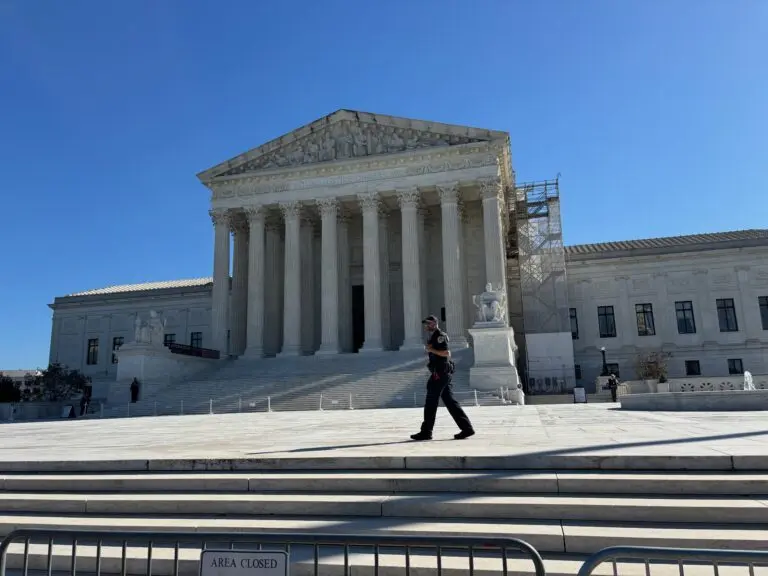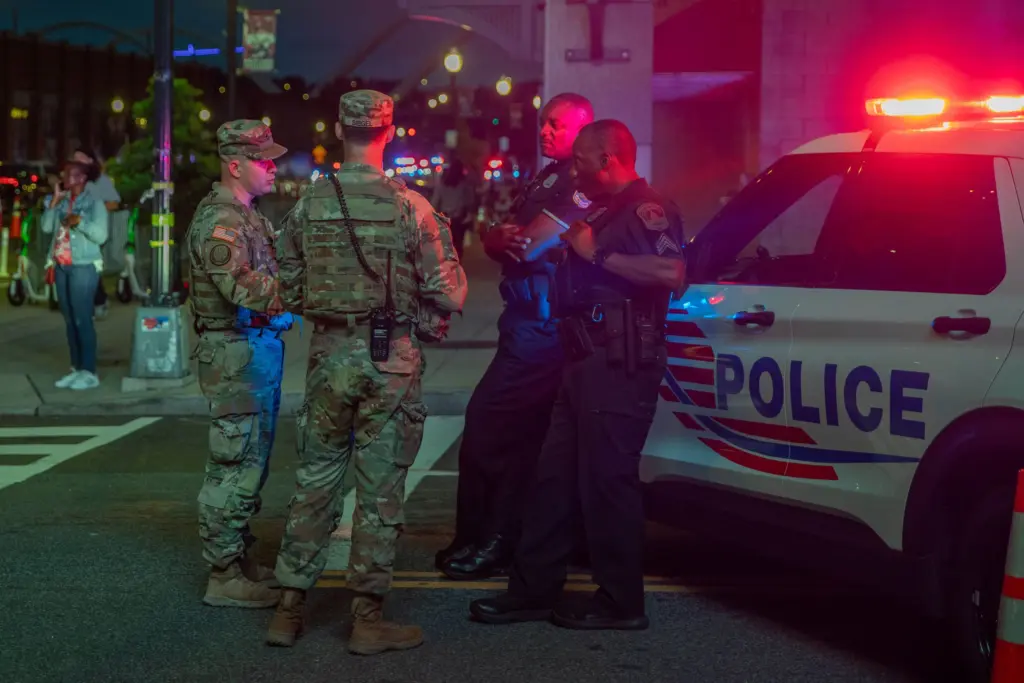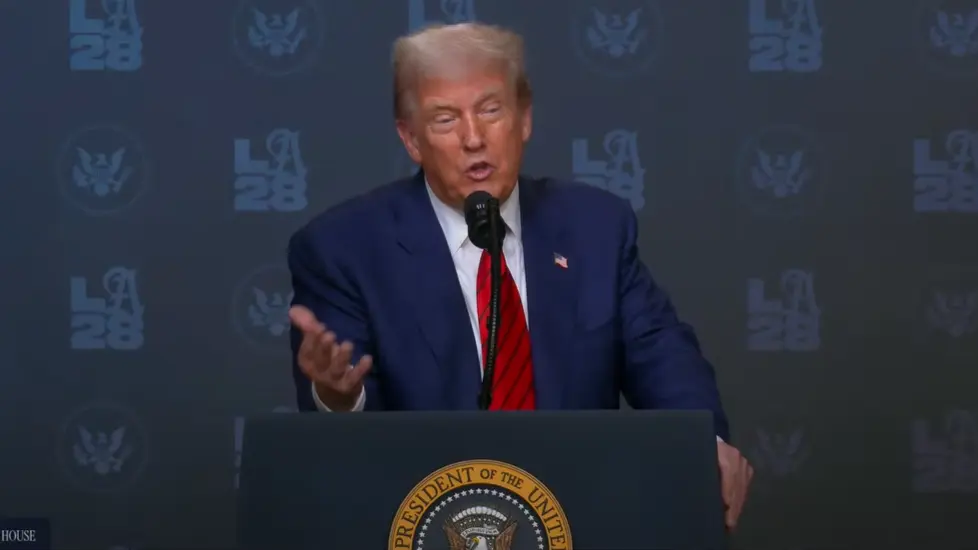Trump administration cancelled National Institutes of Health grants that it said addressed diversity, equity, and inclusion issues
The Supreme Court of the United States, October 29, 2024. (States Newsroom/Jane Norman photo)
Washington The Trump administration was able to revoke hundreds of millions of dollars in National Institutes of Health awards that targeted diversity, fairness, and inclusion issues after the Supreme Court overturned a lower court’s decision on Thursday.
With Chief Justice John Roberts, Justice Sonia Sotomayor, Justice Elena Kagan, and Justice Ketanji Brown Jackson dissenting from their peers, the court was split 5–4.
When Solicitor General D. John Sauer filed an application in July, arguing that the district court lacked authority to order the government to pay out approximately $783 million in terminated grants, the Trump administration first asked the Supreme Court to get involved in the matter.
According to Sauer, the case was comparable to one in which the Supreme Court had decided earlier this year that a district court had erred in preventing the Department of Education from ending funds linked to DEI.
In that instance, the Supreme Court decided that the district court lacked jurisdiction since such claims probably belonged in the Court of Federal Claims.
In his Supreme Court motion, Sauer stated that the lower courts in the NIH funding issue decided to disregard the justices’ earlier decision.
According to Sauer, the district court’s judgment requires the NIH to keep funding $783 million in government awards that clearly conflict with the Administration’s aims. Given the district court’s flagrant disregard for important Supreme Court precedent, this Court’s intervention to stay a virtually identical judgment is even more justified in this case.
The motion from the Trump administration was met with opposition in a 49-page brief from the Democratic attorneys general of Arizona, California, Colorado, Delaware, Hawaii, Maryland, Massachusetts, Minnesota, Nevada, New Jersey, New Mexico, New York, Oregon, Rhode Island, Washington, and Wisconsin.
They wrote that the federal government’s application presents a story of lower courts ignoring recognized legal safeguards to prevent routine agency judgments. That story is not at all like reality; in fact, it is completely incorrect.
They claimed that no substantial justification was offered for the Trump administration’s decision to revoke the NIH grants.
The defendants then carried out the orders by, among other things, terminating hundreds of research grants to public universities in the plaintiff state for studies examining heart disease, HIV/AIDS, Alzheimer’s disease, alcohol and drug abuse, mental health disorders, and a host of other medical conditions.
The Trump administration’s attempts to have the Supreme Court overturn the decisions of the lower courts were likewise resisted by the American Public Health Association.
The APHA stated in its own filing that the Trump administration did not take into account the substantial interests at stake, which include the harm to the body of public health and the scientific endeavor as a whole, the impact on researchers’ career advancement, and the risk to human life.
Justices Brett Kavanaugh, Neil Gorsuch, Samuel Alito, and Clarence Thomas dissented, supporting the Trump administration and overturning the lower court’s decisions in the case. A concurring opinion was written by Justice Amy Coney Barrett.
Kavanaugh partially joined and partially dissented from Gorsuch’s opinion, which harshly criticized the district and appellate courts.
Gorsuch said that although lower court judges may occasionally disagree with this Court’s rulings, they are never free to do so. This Court granted a stay in Department of Ed. v. California because it believed the government would win the case and demonstrate that the trial court lacked the authority to compel the agency to fulfill its grant commitments.
The District Court probably lacked jurisdiction to entertain objections to the grant terminations, which belong in the Court of Federal Claims, Barrett wrote in her concurring opinion, seemingly agreeing.
Jackson argued in a dissenting opinion that the justices in the Education Department case did not give enough thought to the implications of their ruling when they decided in just nine days whether the Court of Federal Claims or a federal district court had jurisdiction when the government terminated federal grants in bulk.
As I raced against a temporary restraining order that was about to expire, I saw the Court’s intervention at that time in an emergency stay posture as equally unprincipled and regrettable, Jackson wrote. The Court’s ruling turned out to be much more of a mistake than I had anticipated.
This report was contributed to by Ariana Figueroa.











